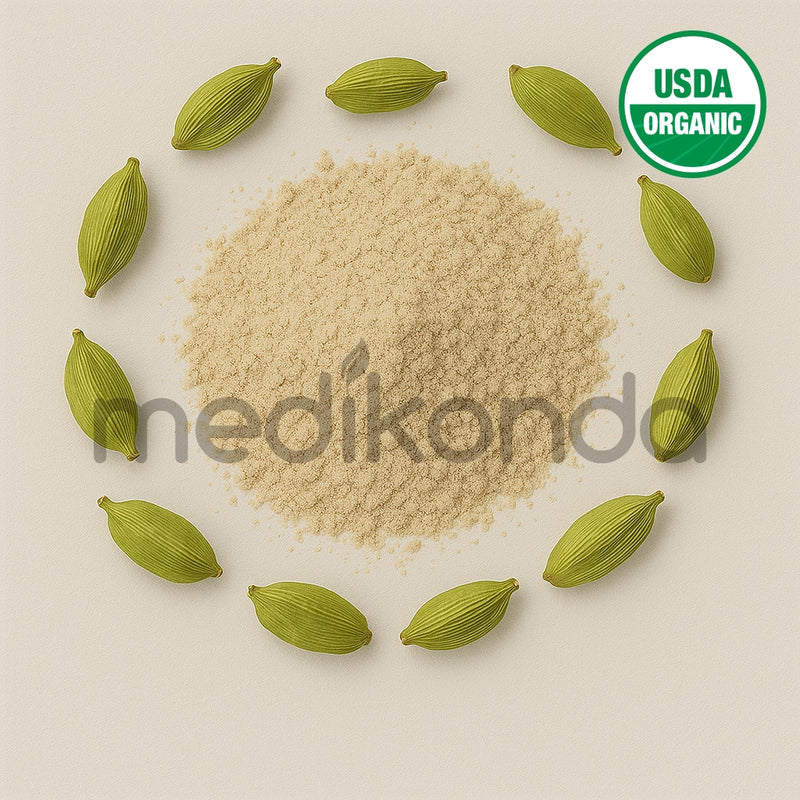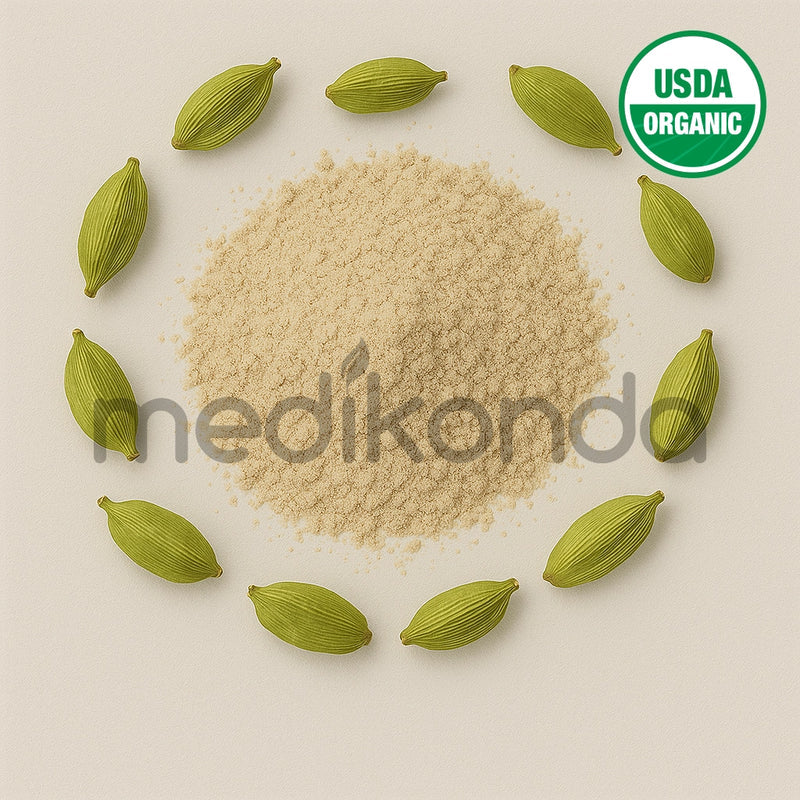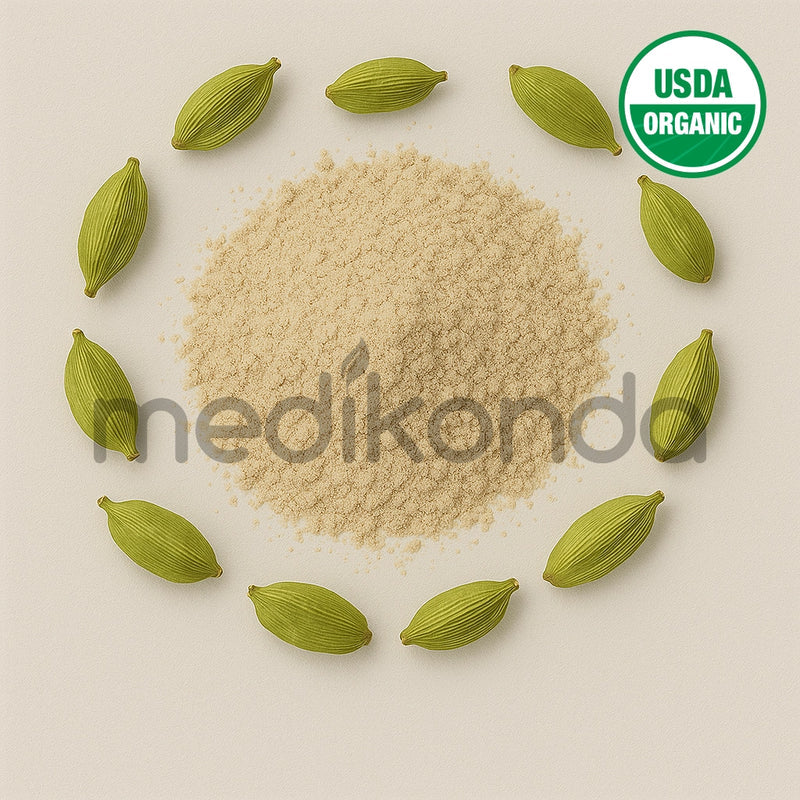Add description, images, menus and links to your mega menu
A column with no settings can be used as a spacer
Link to your collections, sales and even external links
Add up to five columns
Add description, images, menus and links to your mega menu
A column with no settings can be used as a spacer
Link to your collections, sales and even external links
Add up to five columns
LOOKING FOR BULK INGREDIENTS PRICING?
GET INSTANT QUOTEwhat ingredient are you looking for?

Benefits of Alpha Lipoic Acid - Wholesale B2B Bulk Suppliers in Australia and New Zealand
Alpha Lipoic Acid: The Universal Antioxidant for Energy, Detox, and Longevity
What is Alpha Lipoic Acid?
Alpha Lipoic Acid (ALA), also known as thioctic acid, is a powerful antioxidant naturally found in every cell of the body. Unlike many other antioxidants, ALA is both water- and fat-soluble, allowing it to work throughout all tissues and organs. It plays a crucial role in cellular energy production and is also known for its ability to regenerate other antioxidants like vitamin C, vitamin E, and glutathione.
While small amounts are produced by the body and found in foods like spinach, broccoli, and organ meats, supplemental ALA is often used for its therapeutic effects.
Health Benefits of Alpha Lipoic Acid
1. Supports Healthy Blood Sugar Levels
ALA improves insulin sensitivity and helps cells absorb glucose more efficiently. It’s widely used to support healthy blood sugar levels and manage type 2 diabetes. Clinical studies also show ALA may reduce symptoms of diabetic neuropathy, such as pain, tingling, and numbness in the limbs.
2. Potent Antioxidant Protection
As a universal antioxidant, ALA neutralizes free radicals and oxidative stress throughout the body. It also helps recycle other antioxidants, amplifying the body's overall defense against cellular aging and damage.
3. Promotes Brain Health
ALA crosses the blood-brain barrier and offers neuroprotective effects. It may help slow cognitive decline, improve memory, and support nerve regeneration—making it valuable in age-related brain disorders like Alzheimer's disease.
4. Enhances Energy Production
ALA is a cofactor in mitochondrial processes that produce ATP—the body’s main source of energy. This makes it a favorite supplement among those looking to boost cellular energy, stamina, and recovery.
5. Supports Liver Detoxification
ALA helps the liver detoxify heavy metals and environmental toxins. By increasing levels of glutathione, the body's master detoxifier, ALA supports overall liver function and resilience.
6. Anti-Inflammatory Benefits
ALA reduces inflammatory markers in the body, which may benefit people dealing with chronic conditions such as metabolic syndrome, arthritis, and cardiovascular disease.
Common Uses of Alpha Lipoic Acid Supplements
-
Managing diabetic neuropathy
-
Anti-aging and skin support
-
Liver detox protocols
-
Cognitive support in aging
-
Athletic recovery and performance
-
Weight management and metabolic support
Dosage and Safety
Typical dosages range from 300 mg to 600 mg per day, depending on the health goal. ALA is generally well-tolerated, but in rare cases, it may cause mild side effects such as stomach upset or skin rash. People with diabetes should monitor blood sugar levels closely, as ALA can enhance insulin sensitivity.
There are two forms of ALA:
-
R-ALA (R-lipoic acid): The naturally occurring, more bioavailable form.
-
S-ALA (S-lipoic acid): A synthetic form often included in supplements.
For maximum effectiveness, many prefer R-ALA or a stabilized form of R+S mix.
Final Thoughts
Alpha Lipoic Acid is one of the most versatile and powerful supplements available today. With benefits that range from blood sugar support and antioxidant defense to brain health and energy production, ALA stands out as a true "universal antioxidant." Whether you're managing a health condition or simply looking to optimize longevity and wellness, ALA offers a scientifically backed solution worth considering.
For bulk orders and inquiries, visit Medikonda Nutrients - Alpha Lipoic Acid
Medikonda Nutrients is the Largest Manufacturer, B2B Bulk Wholesale Supplier of Alpha Lipoic Acid in Australia and New Zealand.
Also in Medikonda: Health & Wellness
SUBSCRIBE NOW ...
Don't miss to get latest updates on sales, new releases and promotions




